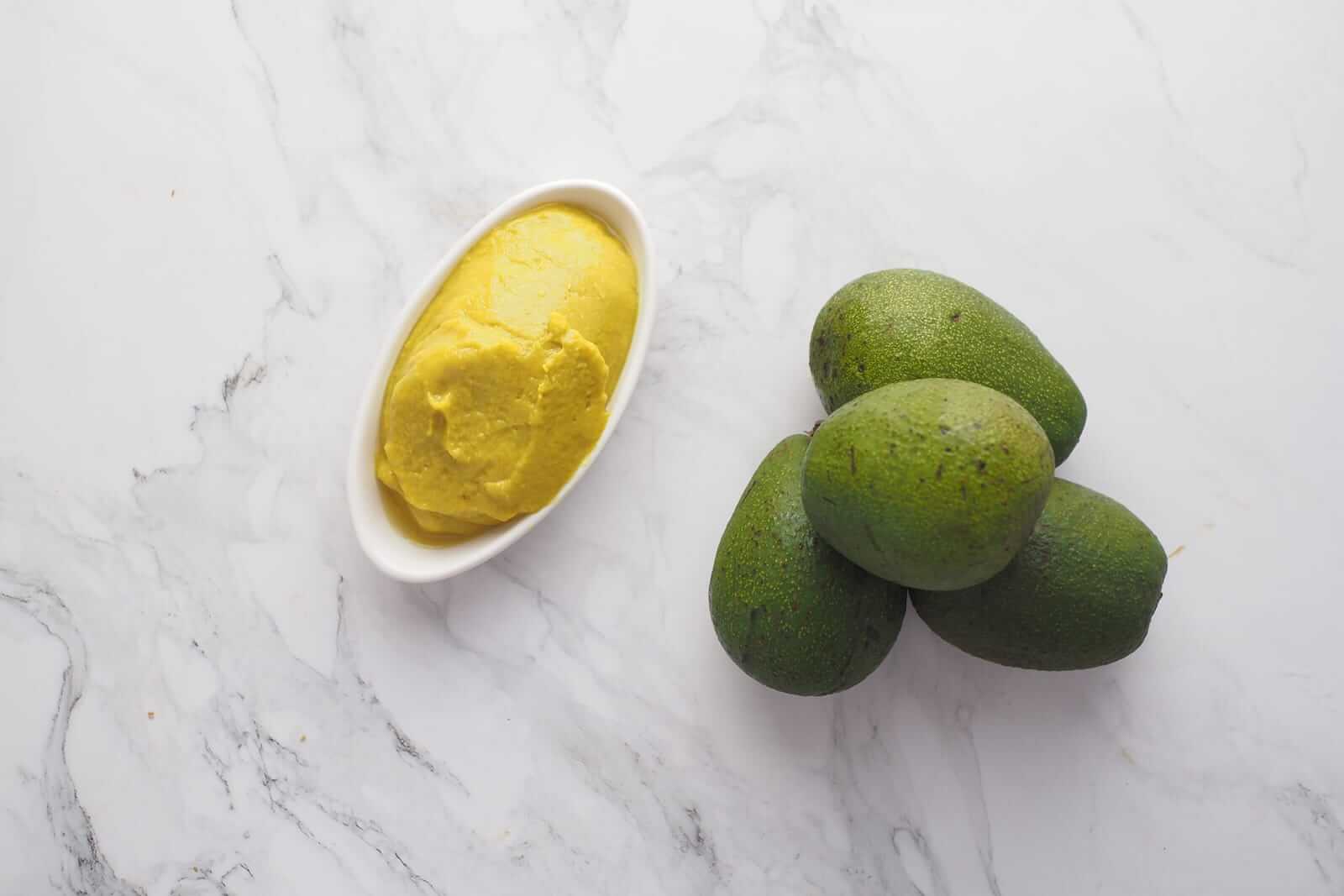When's the Right Time? Understanding When Babies Can Start Enjoying Yogurt

Are you in the midst of transitioning your baby from milk to solids and wondering, "Can babies have yogurt?" The journey of introducing dairy to your little one can indeed feel daunting. You've likely heard the advice about delaying cow's milk until your baby reaches 12 months old due to digestive concerns. However, amidst this, the prospect of incorporating yogurt into your baby's diet as an initial solid food might seem enticing. But is it the right choice?
Signs of Readiness
Before delving into yogurt as a solid food option, it's crucial to recognize when your baby is ready for this transition. Typically, babies exhibit signs of readiness around the age of 6 months. Look out for these cues:
- Good head and neck control: Your baby can hold their head steady and sit upright with support.
- Interest in food: They show curiosity by reaching out for your food or showing excitement when you eat.
- Readiness to accept a spoon: When offered food on a spoon, they willingly open their mouth.
Introducing Yogurt
Now, let's address the question: when can babies eat yogurt? Pediatric experts recommend introducing yogurt as one of the first solid foods around the age of 6 months. Opt for plain, full-fat dairy products like Greek yogurt or fromage frais, ensuring they contain no added sugar. Remember, babies do not require additional salt or sugar in their diet.
Benefits of Yogurt
Yogurt offers a plethora of nutrients essential for your baby's growth and development. Rich in calcium and protein, it supports bone health and overall growth. Moreover, the live cultures or probiotics present in yogurt aid in easier digestion of lactose and protein, promoting a healthy gut microbiome and strengthening the immune system.
Choosing the Right Yogurt
When selecting yogurt for your little one, prioritize plain, unsweetened varieties made from whole milk with live cultures. Avoid fruit-flavored yogurts, as they often contain high levels of added sugar, which can lead to future health issues like obesity and tooth decay. Plain yogurt offers versatility, allowing you to mix in cereals, chopped fruits, or even create nutritious smoothies for your baby.
Allergy Considerations
Introducing new foods, including yogurt, may carry a minimal risk of allergic reactions. However, recent studies suggest that early introduction of allergenic foods from 6 months of age could mitigate this risk. It's essential to introduce new foods one at a time, observe any allergic symptoms, and consult a healthcare professional if you notice any adverse reactions. If your baby has a diagnosed milk allergy, seek guidance from your doctor before introducing yogurt.
Conclusion: Embracing Yogurt
In conclusion, yogurt stands as a wholesome and convenient solid food option for babies embarking on their culinary journey. Its nutritional benefits, coupled with its ease of preparation and versatility, make it a valuable addition to your baby's diet. As you navigate this exciting phase, remember to prioritize your baby's health and well-being by offering nutrient-rich, age-appropriate foods like yogurt.
Transitioning your baby to solids, including yogurt, is a joyful milestone in their development. With the right knowledge and approach, you can embark on this journey with confidence, ensuring your baby receives the nourishment they need to thrive.
Explore our range of baby feeding products, including the Cherub Baby Steamer Blender, designed to simplify your feeding routine and support your baby's nutritional needs.
For more insights on navigating your baby's dietary journey and addressing potential concerns, stay tuned for our upcoming articles. Remember, you're not alone in this journey—every step you take is a testament to your dedication and love as a parent.





